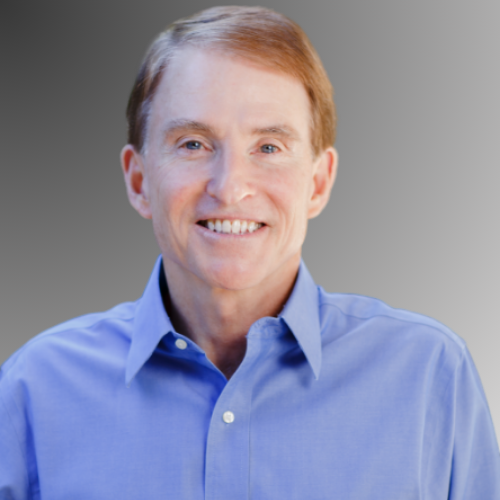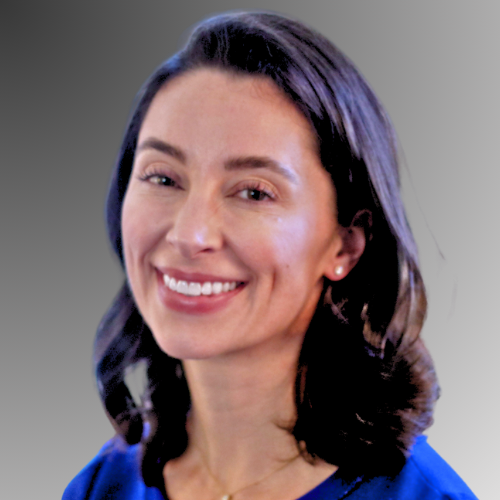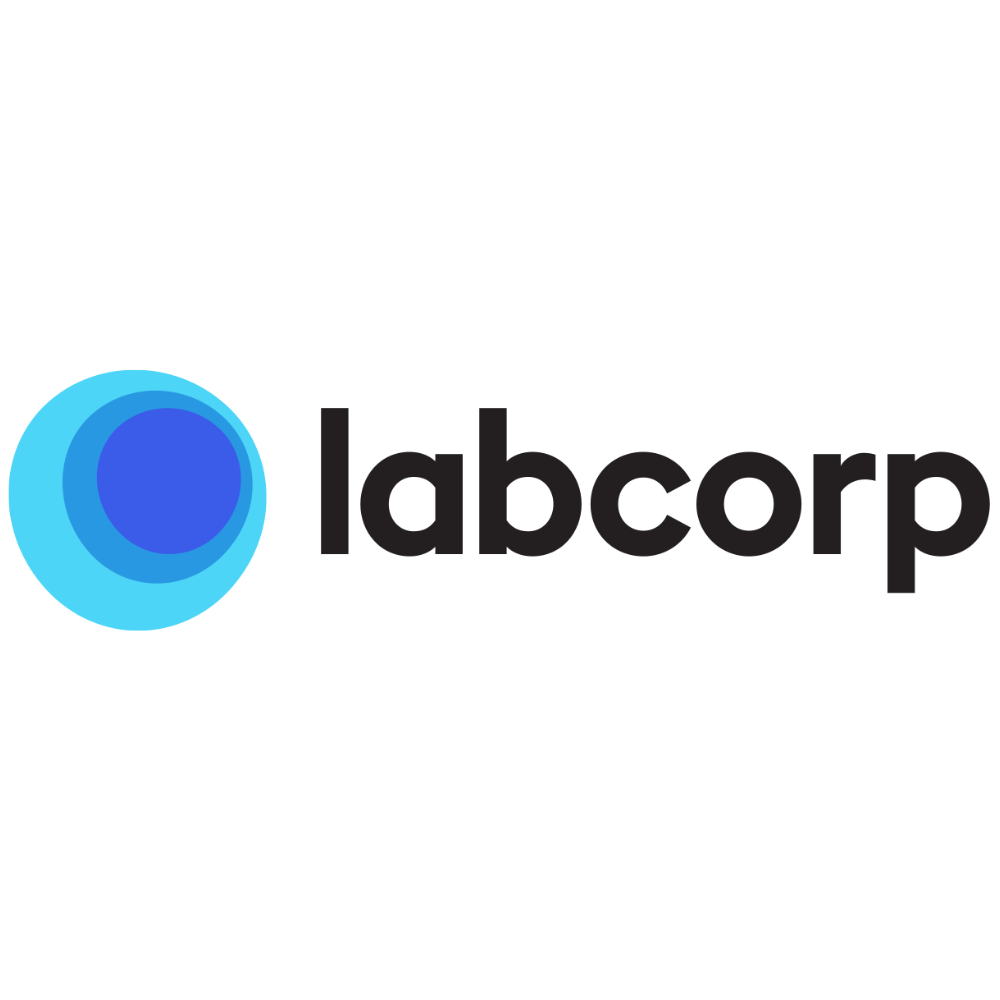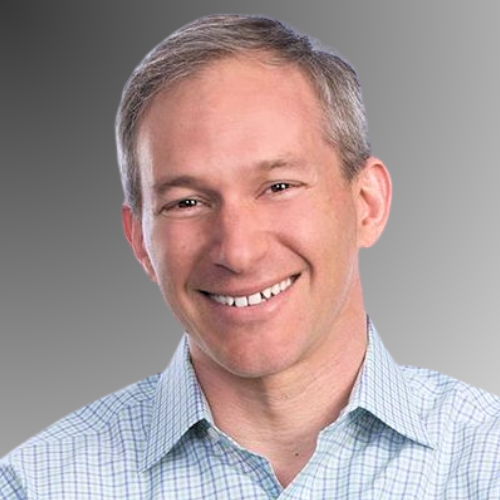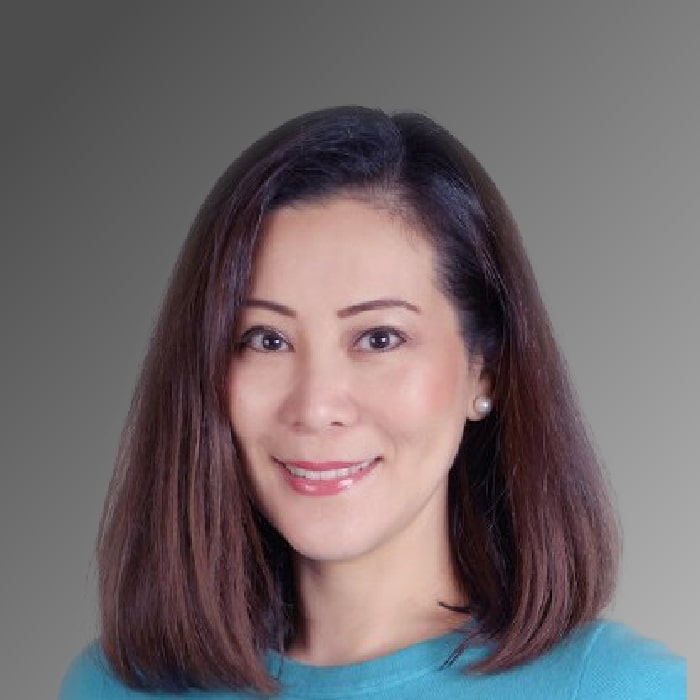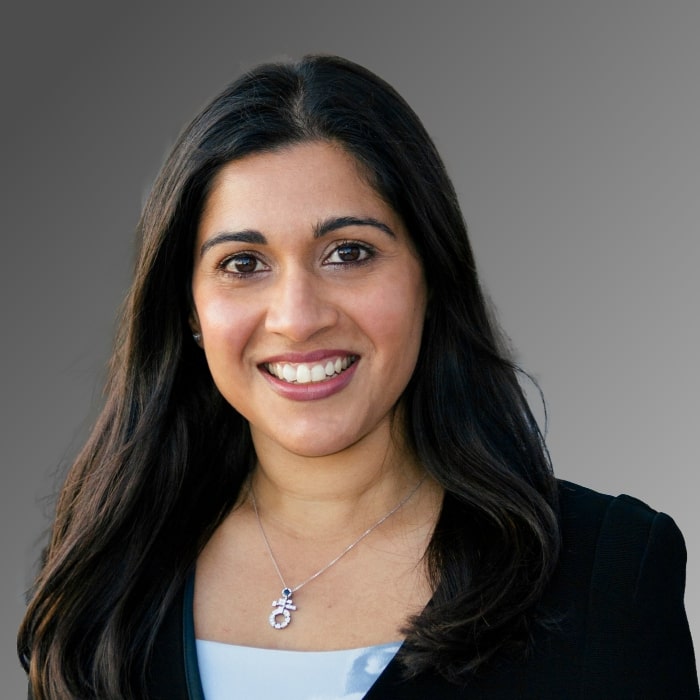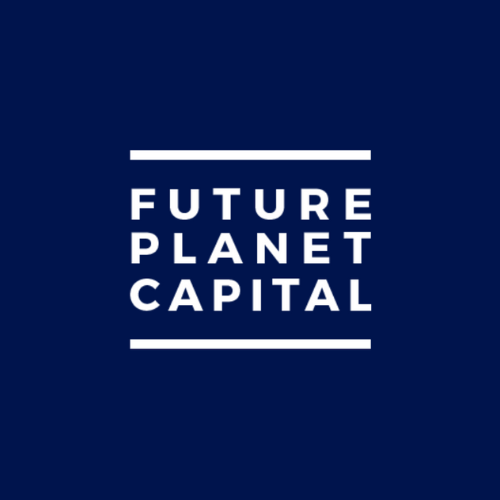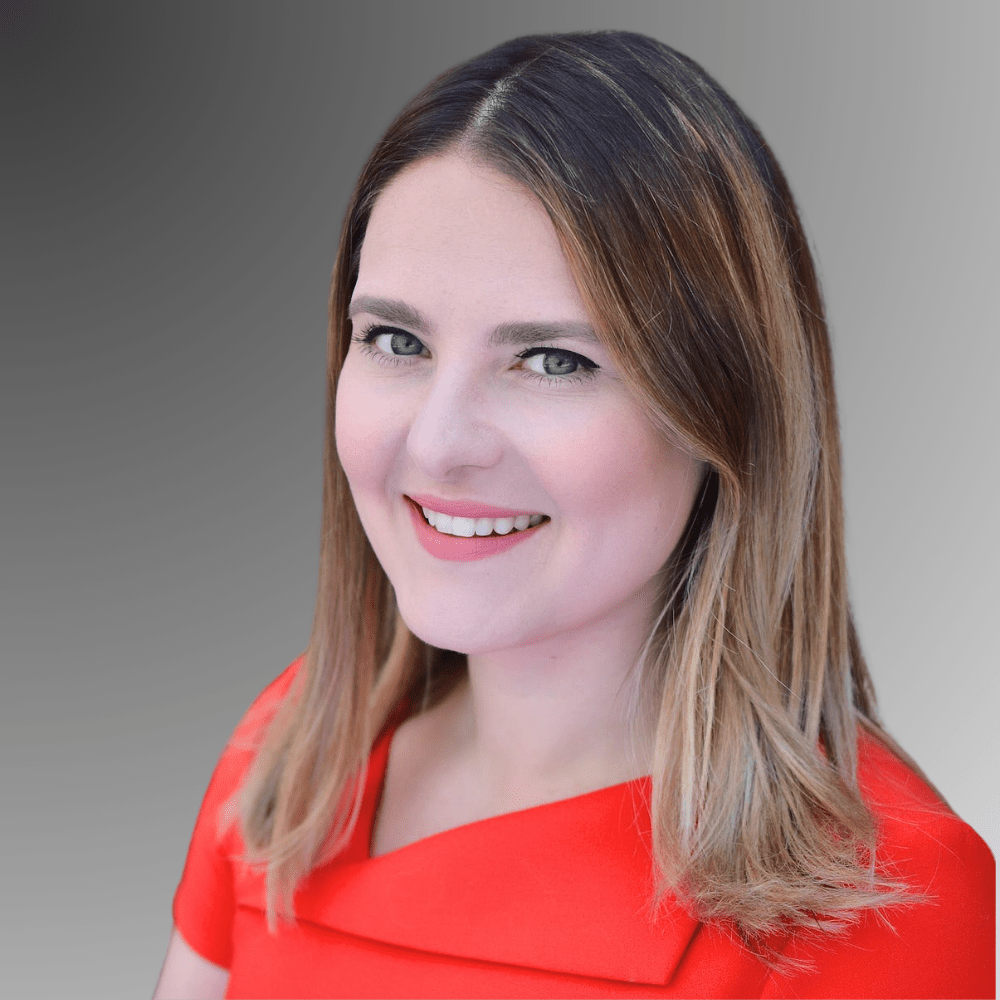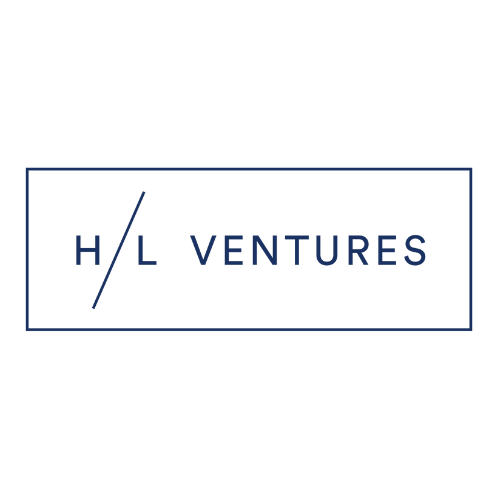Chasing the Future with Steve Westly, founder of The Westly Group
ed March 20th, 2025 | Corporate Venturing Insider #104 | GCVI 2025 Monterey
The Future Belongs to the Fast: A Conversation with Steve Westly
Few people in Silicon Valley have lived as many professional lives as Steve Westly. A former eBay executive, California State Controller, and now Managing Partner of The Westly Group, Westly joined Nicolas Sauvage, President of TDK Ventures, for a sweeping conversation on Corporate Venturing Insider that traced the arc of innovation, investing, and institutional change over the last four decades.

“My journey’s a little different,” Westly began. “I grew up in Silicon Valley when there was nothing here but Stanford, Hewlett-Packard, and a lot of fruit trees. My dad was a beer salesman. I had a front-row seat to the most dramatic rise in wealth creation in history.”
That vantage point led Westly from the U.S. Department of Energy in the 1970s — “working on solar before it made financial sense” — to Stanford’s MBA program, the early days of eBay, and eventually public service as California’s controller. However founding of The Westly Group solidified his career in chasing the future.
The Three Superpowers of Corporate LPs
Westly is direct about why he prefers working with corporate limited partners over traditional ones like pension funds or endowments.
“Corporate strategic investors are better for three reasons,” he told Sauvage. “They can help provide extra deal flow, world-class due diligence, and they can become customers.”
He elaborated:
“Let’s say we find a company in EV fleet management. We’ll go to Duke Energy, Tokyo Gas, or E.ON and ask, ‘Is this the best company you’ve seen globally?’ If they say yes — and want to invest alongside us — that startup jumps to the top of our list. That’s our unfair advantage.”
This ability to “peek under the cards,” as Westly put it, allows his team to identify not just the most promising companies — but those with the clearest paths to scaling through strategic relationships.
“In a competitive syndicate, I’ll say: We can walk you into 14 of the world’s largest utilities. Andreessen and Sequoia can’t do that. It’s a winning argument more often than you’d think.”
When — Not Just Where — to Invest
A recurring theme in Westly’s investing philosophy is timing.
“We’re looking for the trends. Then we’re waiting for the inflection point. You’ve got to know where the inflection point is,” he said. “I like hydrogen, but the inflection point’s still five years out.”
His team invested early in companies like Tesla and Luminar, not because the ideas were flashy — but because the timing aligned with the technology’s readiness.
“In 2007, when we told people electric cars would dominate, they said, ‘Like golf carts?’ Everybody, including my wife, thought I was nuts,” he said. “But I’ve known Elon Musk for 30 years now. He said, ‘Steve, I wish you had joined the board before we even invested.’”
Westly points to solar’s cost curve as a key example. “In the 1980s, it cost $78 a watt. No one wanted it. Once it dropped to $4, it took off. Today, it’s 20 cents. That cost curve told the whole story.”
Empathy and Urgency: The Founder Formula
Westly, who also teaches at Stanford’s Graduate School of Business, emphasized that great founders don’t need to be difficult to be effective.
“People ask, do you have to be a jerk to be a great CEO? You don’t,” he said. “Jensen Huang, Reed Hastings — extraordinary leaders and kind, empathetic people. You don’t need the drama. The best leaders bring people along and inspire them.”
“Elon is exceptional in many ways. He’s brilliant. He sees the future and moves very quickly. But he’s also erratic and stubborn.”
Many of Westly’s most successful founders were immigrants or outsiders. “They have chips on their shoulders. They move fast. My wife is one of them — an immigrant who came here with nothing, helped take a startup public, and made millions. That’s the American story.”
“99% of Americans are immigrants from somewhere. What makes us successful is not that Americans are special; it’s that we have all these people who came to our country with nothing, fleeing poverty or dictators, and are risk takers. And that makes them ideal founders.”
The Biggest Mistake: Moving Too Slowly
Westly had strong advice for corporate venture capitalists: speed matters more than size.
“A lot of corporate VCs struggle to hire. They’ll choose experienced people who’ve been moving slowly in their company for 30 years. Don’t hire that person,” he warned. “You need someone with urgency — or you need to partner with a firm like us.” Westly went on, “We can pay more to attract top talent. The good people leave corporates for venture firms. The ones who underperform stay behind and are handed big checks to invest.”
He also emphasized the importance of direct access to leadership. “If a company says, ‘Talk to this person, who reports to this person, who reports to the CEO’ — that’s not so good,” he said. “If they say, ‘Can you present to our board in four weeks? We need an external perspective’ — that’s who we want to work with.”
Betting on AI — and Energy
Westly believes AI is not just another hype cycle — it’s the next industrial revolution. “We are moving forward faster than ever because of AI. It’s not just a tool. It’s like having the world’s smartest assistant at your fingertips with perfect recall and instantaneous answers.”
He sees AI reshaping customer service, chemistry, and grid management. “AI is already helping us identify battery chemistries, manage power loads by the minute, and create customer service that can flex from one to 5,000 agents — instantly — with real-time translation in 20 languages.”
But AI’s energy demands are colliding with another major shift: electrification. “This is one of the biggest problems of our generation. Energy demand is exploding. AI data centers. EVs. It’s going from one in five cars to one in four — soon it’ll be 50%.”
“We need to double power generation and get greener at the same time. In the short term: solar, wind, and batteries. Long term: geothermal, small modular nuclear, and advanced software.”
Investing with Mission and Market in Mind
Although Westly’s fund is profit-focused, he doesn’t shy away from mission.
“First and foremost, I’m a capitalist — I’m not investing to change the world,” he said. “But the entire world is moving toward a sustainable future.”
“If we make a market-rate return and help people get a strategic advantage over their competition, they become LPs for life. It’s a win-win.”
Advice for First-Time Fund Managers
As a former first-time fund manager, Westly offered hard-earned advice to emerging GPs:
“The highest correlation to strong performance? GP commitment,” he explained. “In our first fund, the partners put in 5%. That’s when people said, ‘Okay, we’ll come in.’”
“If I say I’m only putting in 1%, you should kick me out the door. That means I want your money, I’ll collect fees, and if I don’t return anything? Oh well, come visit me at my summer house in France.”
Final Takeaway: The Future Belongs to the Fast
In closing, Westly left listeners with this:
“The future is coming sooner than you think. Do not look in the rearview mirror at what’s happened for a hundred years. Look to where things are going — and then jump into the future.”
Westly believes that the future will be electric, digitized, decentralized, and AI-powered.
More than anything, the future is full of opportunities.

 Put real skin in the game—or don’t raise a fund
Put real skin in the game—or don’t raise a fund 